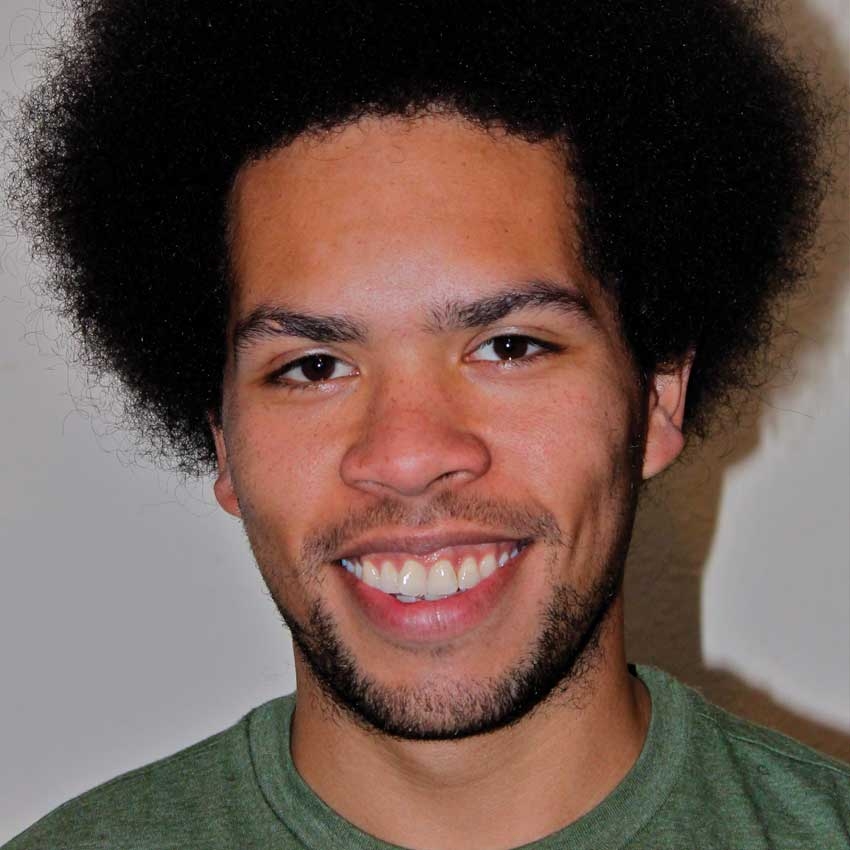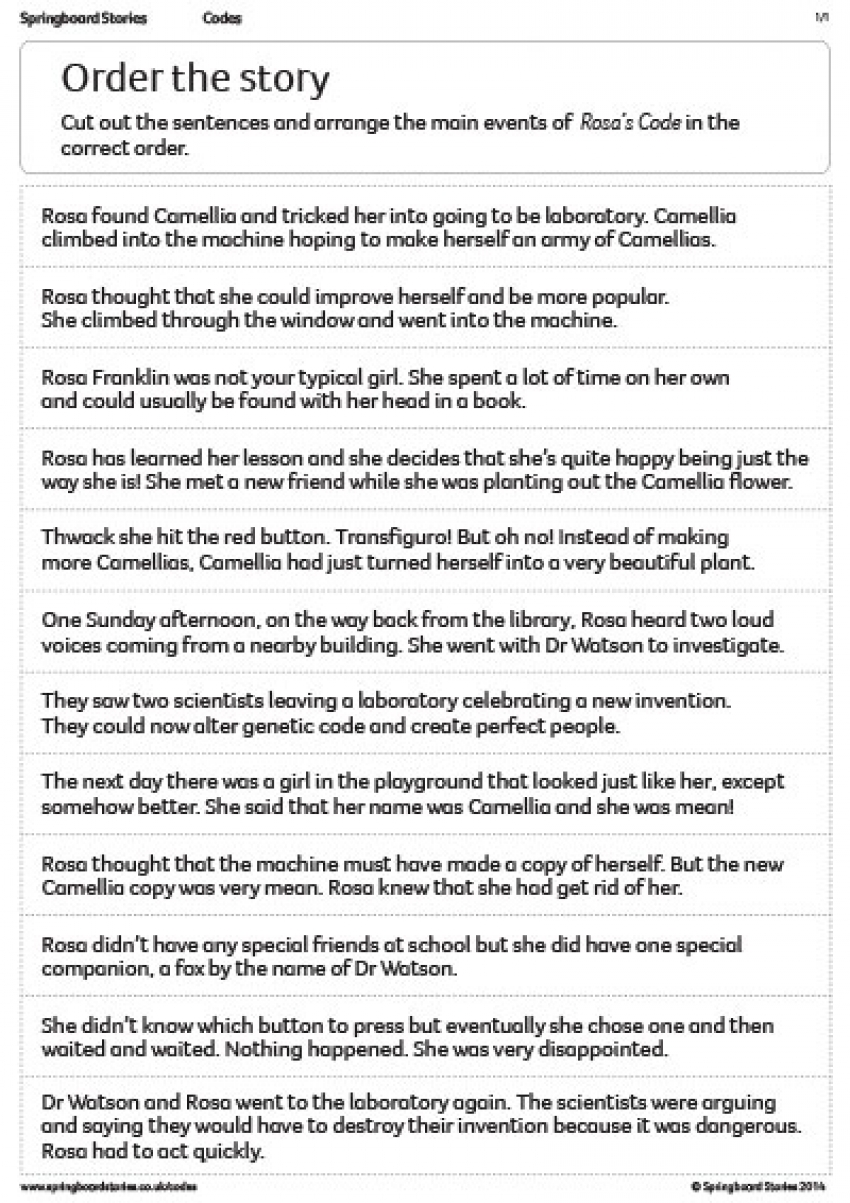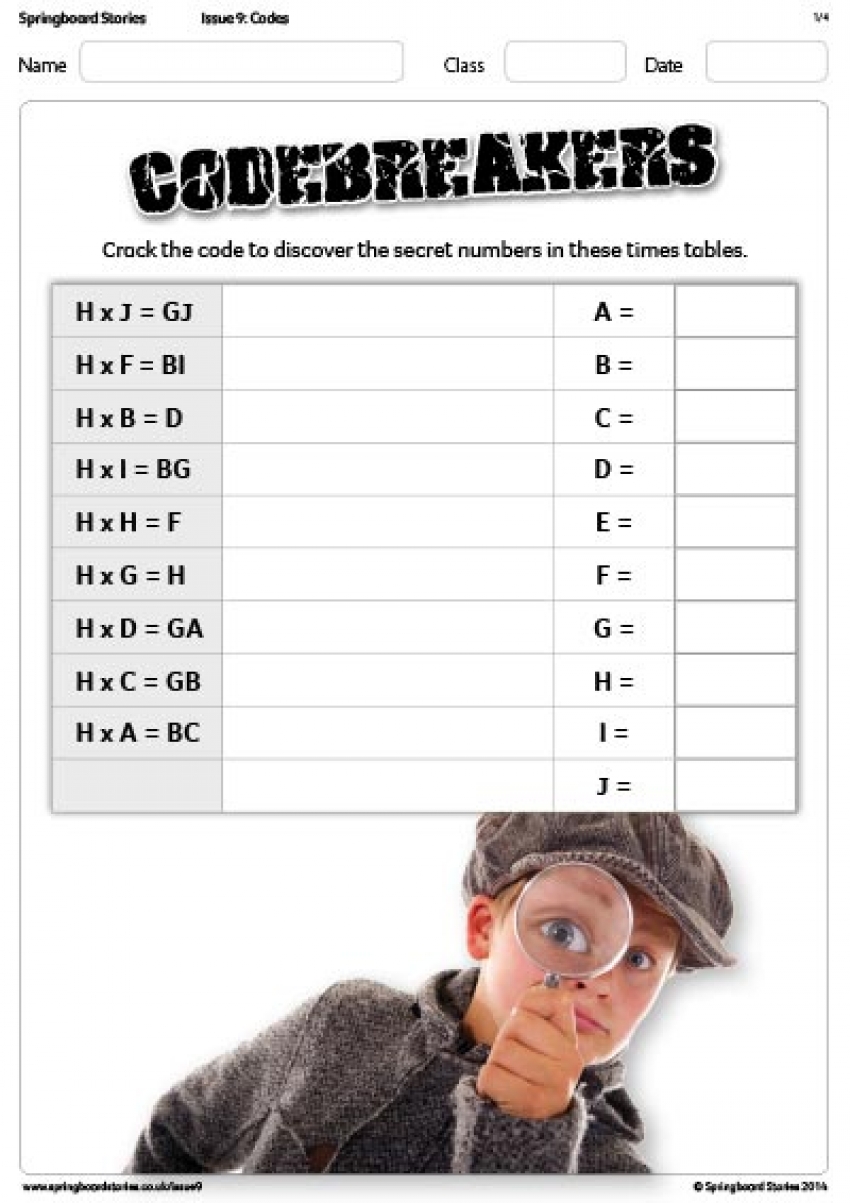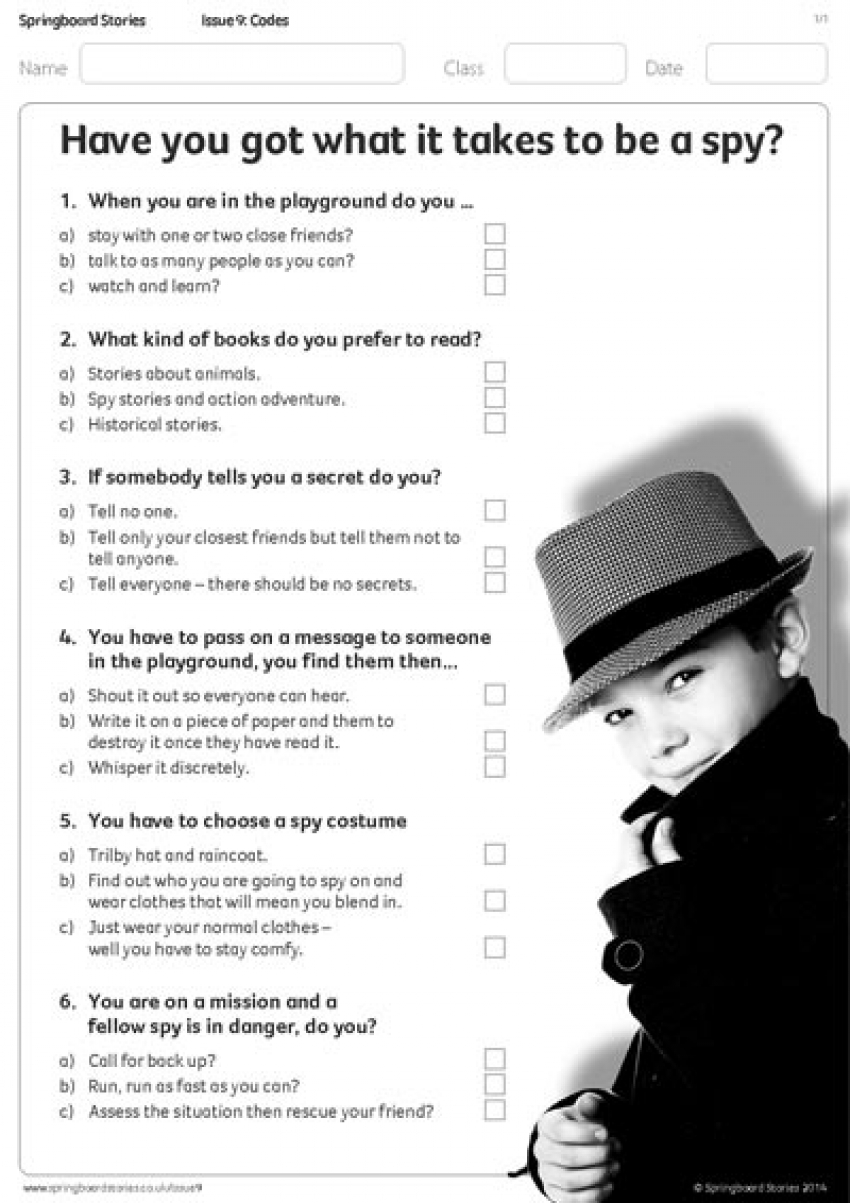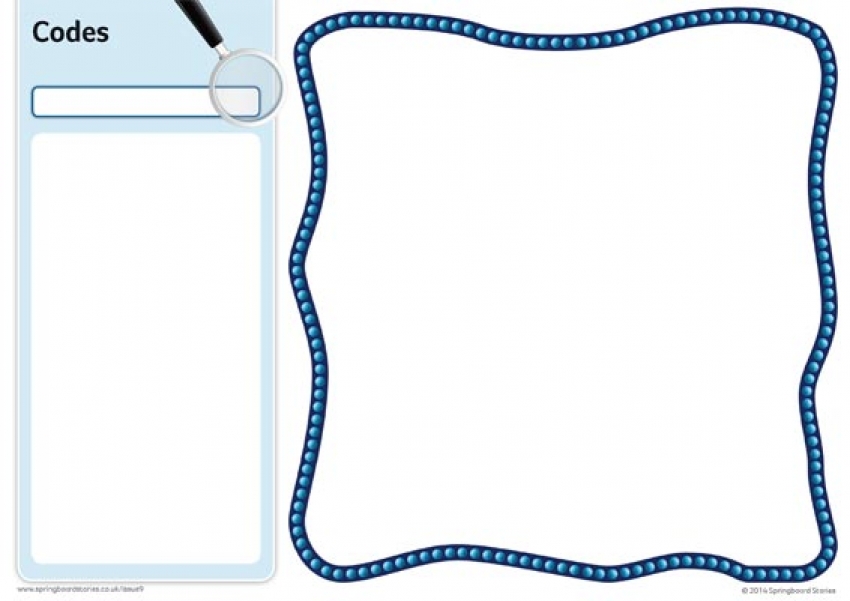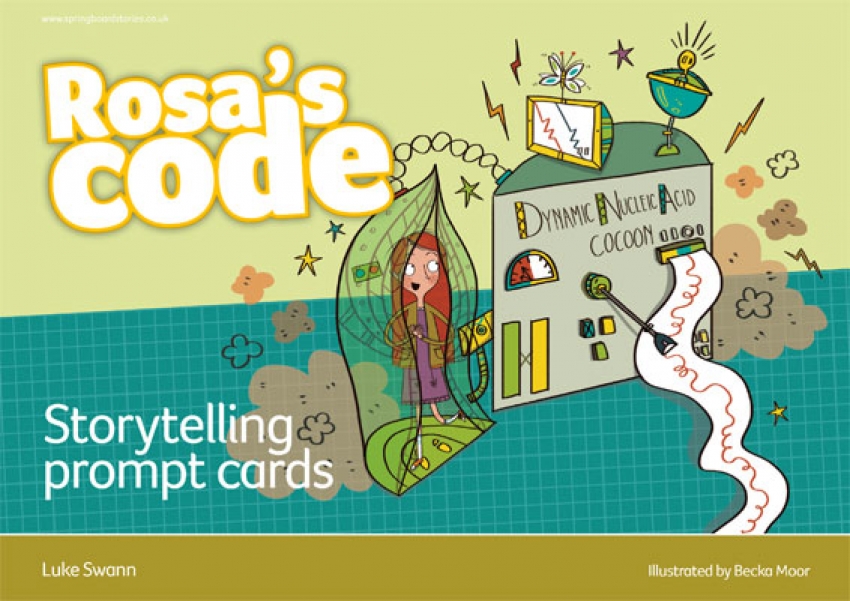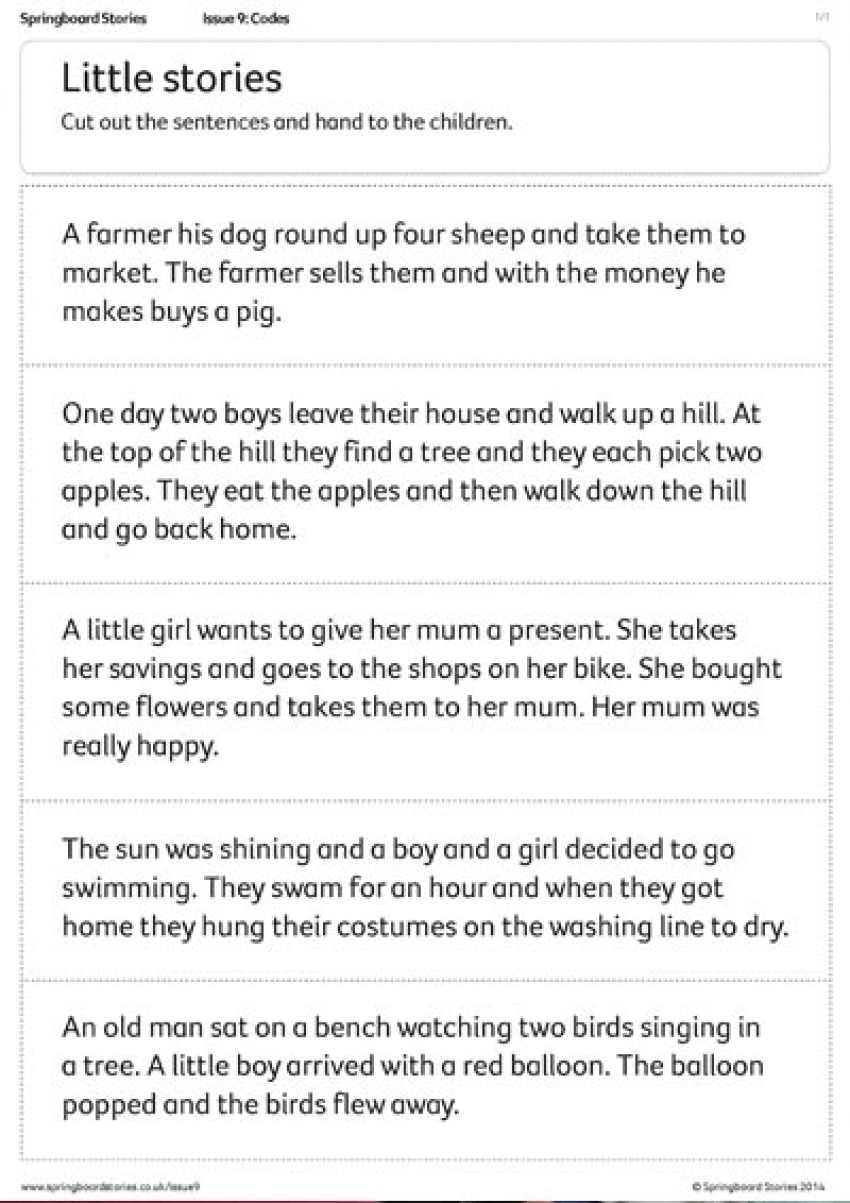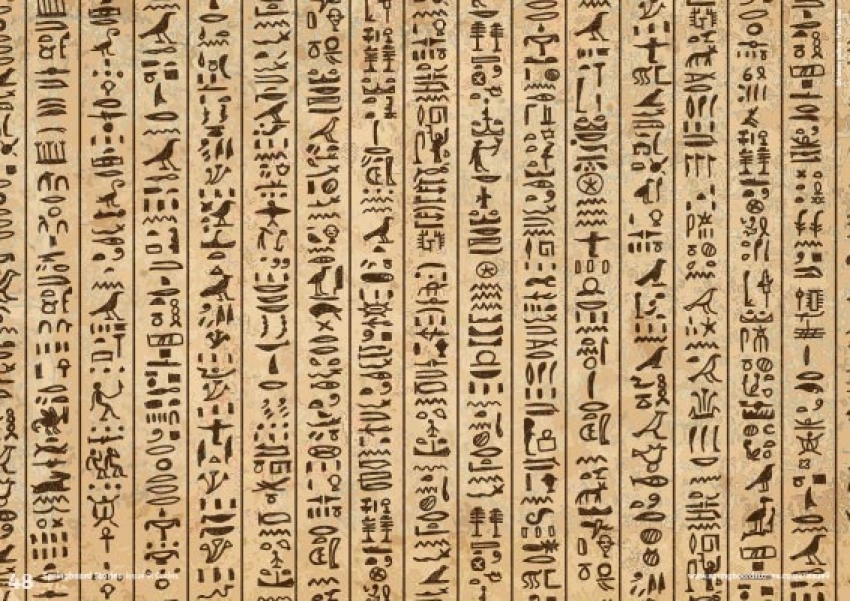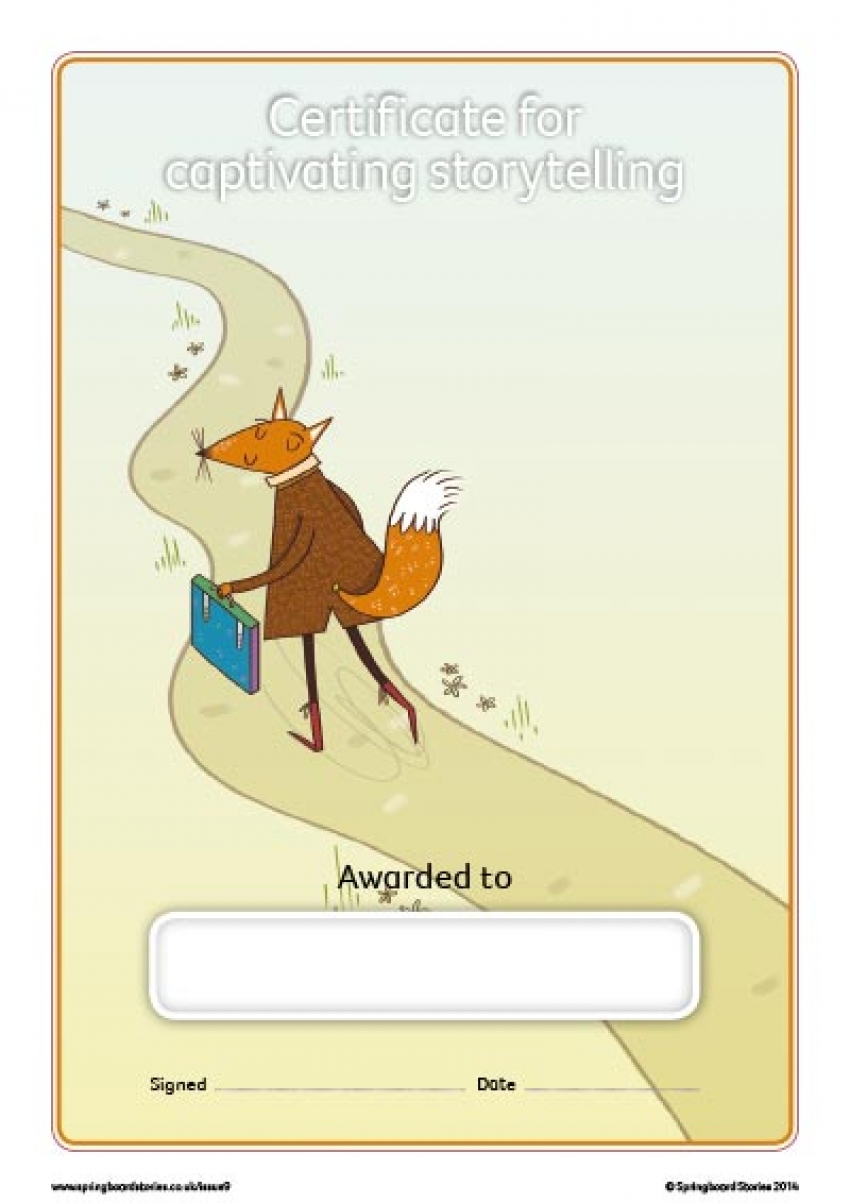Where did you get your inspiration for Rosa’s code?
I think the questions ‘who are we?’ and ‘how do we fit in?’ are ones that we’ve all thought about. And the idea that we’re all just a code that’s constantly changing was something that was very interesting to me, so I tried to link these in a way that children might like.
When did you start writing children’s stories?
Rosa’s code is my first children’s story but I have wanted to write for children for quite a while. I’ll definitely be writing many more stories in the future!
Who are your favourite children’s authors?
I’m from the generation that grew up with Harry Potter so I’d say that J.K. Rowling is my favourite. Harry’s adventures completely captured my attention like no other stories have – except for, maybe, Phillip Pullman’s ‘His Dark Materials’ trilogy... I think we’d all like a little animal dæmon alongside us! And then there’s Roald Dahl. In my mind he’s the most incredible children’s writer there’s ever been and so stories like Matilda have stuck with me over the years.
What types of stories did you like reading when you were in primary school?
I liked many different types of stories, but particularly liked mysteries. We’re always questioning things – from the moment we’re born, we try to figure out everything about the world around us and I think that’s often something we like to do in fiction too. We’re all little detectives!
Did you like science at school?
Yes, I did! I’ve always really enjoyed science, and maths too. In the same way I think we’re born as little detectives, we’re also born as little scientists, wanting to discover and test everything. Some people lose their inquisitive nature as they get older and their attention leads them to other things, but science will always hold a fascination for me.
If you could invent or discover something scientific what would it be?
Hmm, that’s a tough one. I’m interested in psychology so I think a machine that could scan people’s brains to the nearest cell and form a map of it would be good. Then we could solve a whole load of problems and essentially have human brains in computers. Either that or a time machine!
If you weren’t writing stories for children what would you do instead?
Writing stories for adults would be the main thing. I’d also be doing some travelling and maybe a bit of journalism. Oh, and teaching in schools. And making films… Mmm, the list could go on but I’d be doing at least two of those things, ideally.
Have you any advice for children who would like to be a writer when they are older?
Yes... do it! Practise and practise, read and read – as much as is fun for you. Try out new things all the time. If you have an idea that you love, go with it and cherish the special feeling it brings. You should always write the idea down as soon as it arrives because even the best ideas can be forgotten! So carry a notebook around with you. Great ideas are like magic seeds that can grow into entire universes, so once you have one, apply some thought and it should naturally grow into a beautiful thing. Good luck!

